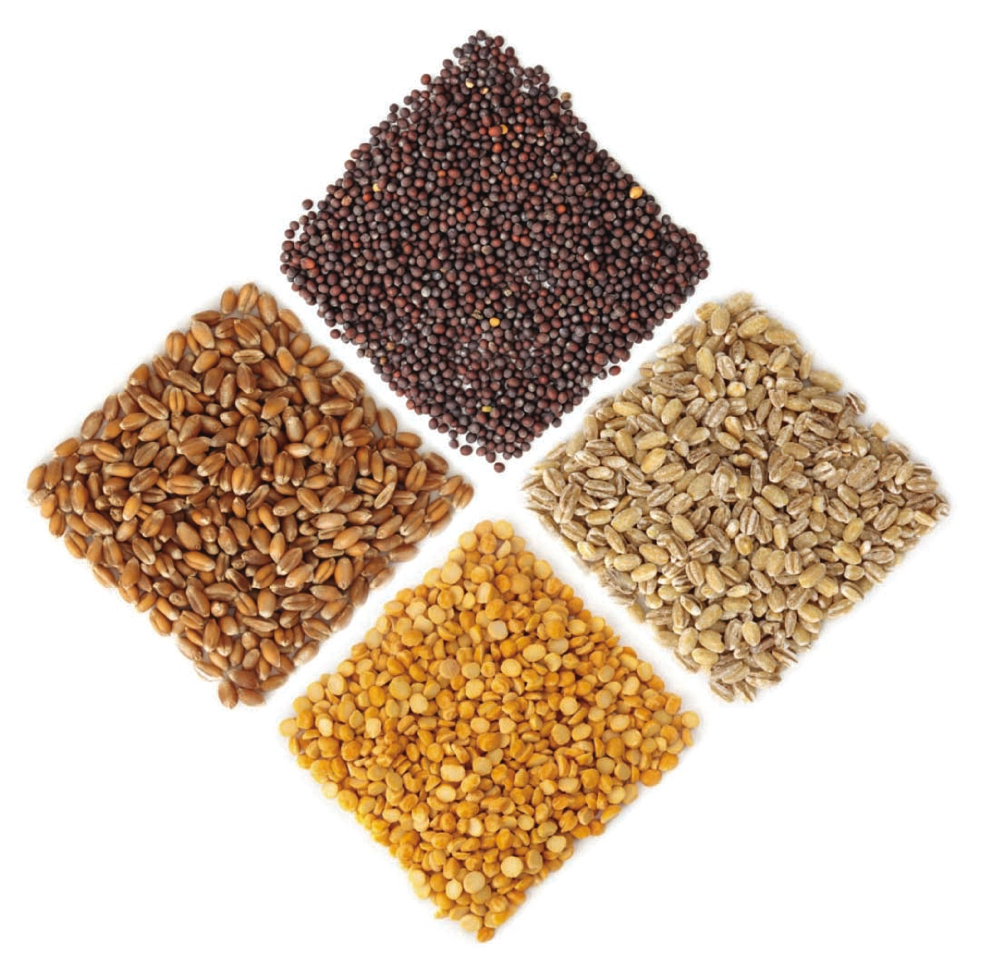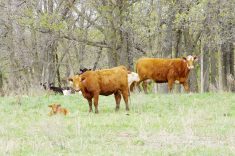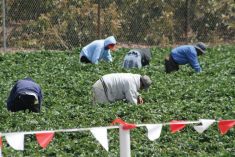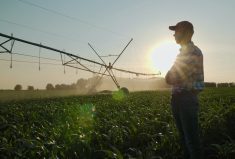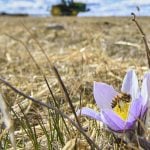The province’s four main crop commissions have taken another step towards speaking with one voice.
The quartet — which collectively has 20,000 members — came together four years ago to form Team Alberta when the urban-centric NDP came to power.
“We found it easier to talk to the new people who wanted information on agriculture if we were doing it as a united front,” said Alberta Pulse chair Don Shepert, a crops and cattle producer who farms near St. Paul.
“To put together a group and effort that is collaborative, that is a good thing.”
Collaboration between policy staff from his organization and those from Alberta Barley, Alberta Wheat and Alberta Pulse Growers has increased since then. Recently, the four groups launched a joint website teamalbertacrops.com.

“The model of the four commissions working together has been working for farmers,” said Shannon Sereda, government relations and policy manager for Alberta Wheat and Alberta Barley. “It is a great amplification of the messages that we often share among commodities related to policy issues.
“It’s also a way to maximize resources as a commission so we aren’t replicating a lot of the same activities, particularly on the policy and government files.”
The website allows producers, government officials and media to find joint policy information quickly and easily, she said.
“It’s a way for farmers and government officials to access what is happening in the policy sector and what issues we see as being a priority based on the work that we do with each of our commissions,” said Sereda.
Read Also
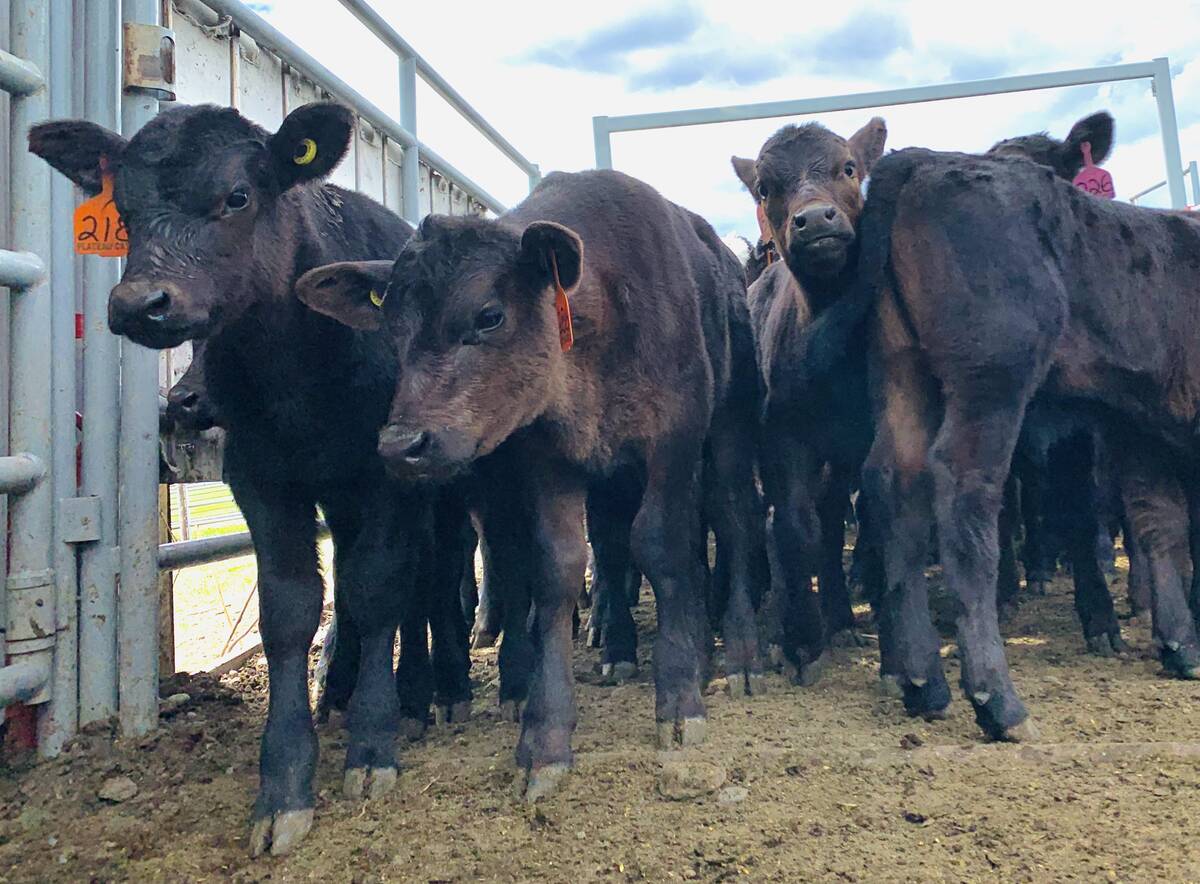
How ‘care and compassion’ protocols drive performance at this Alberta ranch
Plateau Cattle Company says lowering stress in calves using science-based practices leads to higher weaning weights and better animal health.
“We try to communicate but because we’re not a single entity, this will help us communicate better to farmers on what we’re up to as a team, and act as a resource for government, media and others.”
It’s also a recognition their members grow more than one commodity, and the four groups often take the same position on major issues.
For example, they all view the carbon tax as a threat to farmers’ global competitiveness and want governments to recognize the gains made in environmental stewardship such as sequestering carbon through reduced tillage and lowering greenhouse gas emissions through adoption of precision agriculture, increased nitrogen-use efficiency and improvements in diesel engine combustion.
For the recent federal election, Team Alberta put out a brief two-page primer on its four top asks for the new government: Improved market access; science-based regulations on crop protection products; better access to innovation and new technologies; and the need to ‘modernize’ business risk management programs.
But there are a host of issues that affect their members, so policy staff meet monthly to discuss priorities and issues they align on. The general managers from the commissions also meet on a semi-regular basis and the four groups recently signed a memorandum of understanding “that helps to officiate our relationship,” said Sereda.
However, that doesn’t mean the groups are intending to merge.
“We are still bound to the Marketing of Agricultural Products Act and (accompanying) regulations — each of us has to respond to our own regulations,” said Sereda. “We haven’t established ourselves as a single entity. There is nothing formalizing our relationship between common understanding and an agreement to work together.”
That includes occasional breakfast meetings for farmers (the most recent was at Agri-Trade) where the groups bring in a speaker focusing on a policy issue.
Such events, the regular policy meetings, and the new website are all ways to bring the groups together in a common-sense fashion, said Shepert.
“As chairs, we talk a little more, all our directors know each other,” he said. “There’s good interaction and dialogue that goes on between the commissions.”


